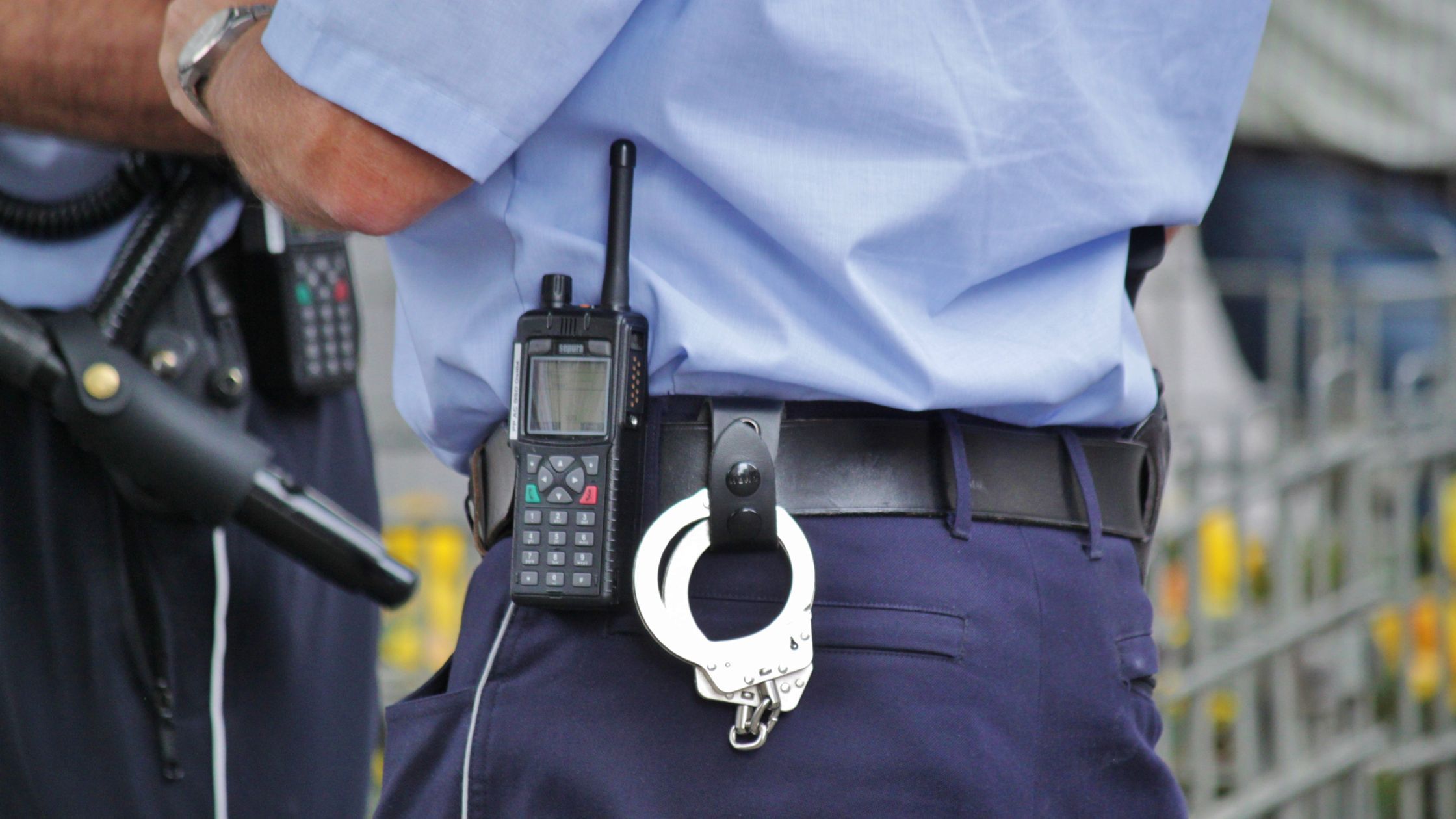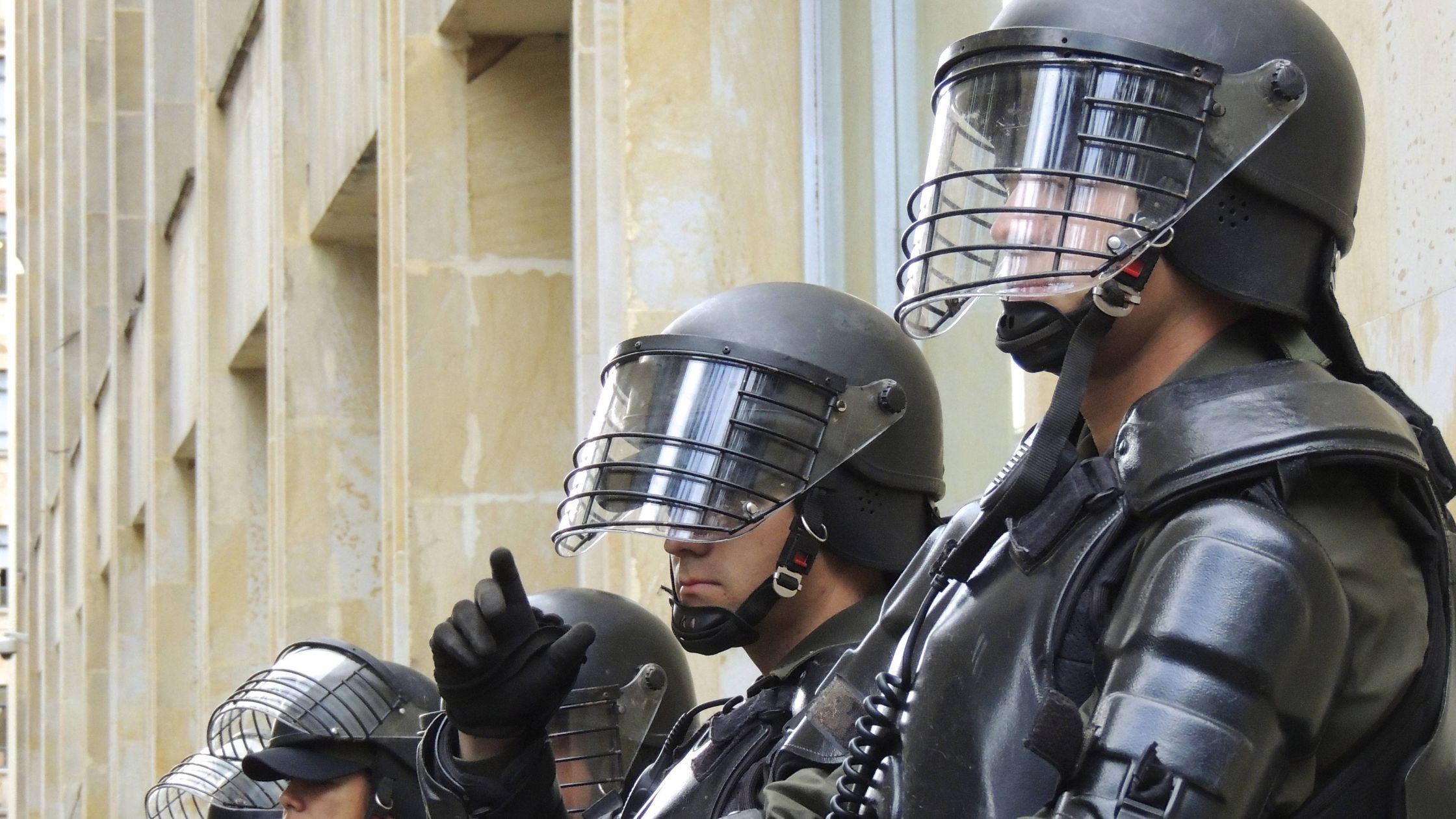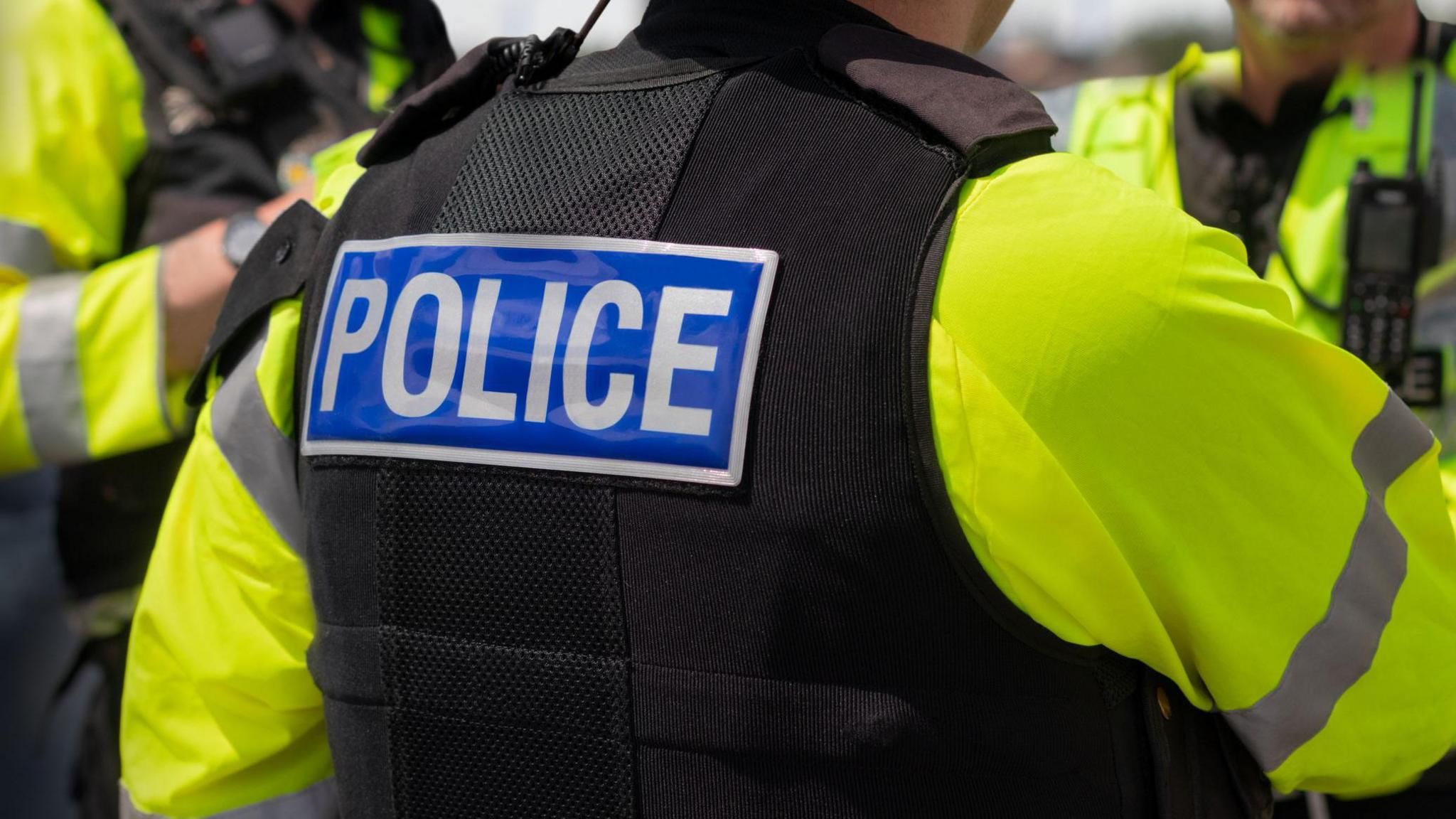The decision to arrest and detain an individual in police custody is a highly emotive issue as not only can such an action cause widespread distress and concern at the time of arrest, but it is ultimately a conscious decision to deprive an individual of their right to liberty.
Following the arrest and detention of an individual, it is at times established that no offence was in fact committed, or alternatively a crime had been committed but the arrested individual played no part in it.
In such circumstances, the aggrieved individual may have grounds to claim for unlawful arrest or false imprisonment. Furthermore, if there is an element of restraint such as the use of handcuffs by the arresting officers, there may also give rise to a cause of action in battery.
The Police and Criminal Evidence Act 1984 stipulates that an arrest is lawful if, firstly, there is a reasonable suspicion that an individual has or will commit an offence. Secondly, it must be shown that an arrest was necessary for a particular reason set out in s24(5) PACE 1984, the most commonly used being to allow for a prompt and effective investigation.
In light of the above, a wrongfully arrested individual can feel particularly aggrieved if upon his arrest he acted in compliance with the arresting officers enquiries and requests. The case of Richardson highlights that it may not be considered necessary to arrest a suspect whom is fully co-operative with police investigations, particularly where a suspect would voluntarily attend an interview.
Following the above case, the Police now have to consider the following when determining whether any arrest would be lawful;
1. An officer intending to interview a suspect must consider whether voluntary attendance is a practical alternative to arrest, and if it is, an arrest will not be necessary.
2. When making arrangements for voluntary attendance, the officer should tell the suspect that his arrest will not be necessary if he attends a police station voluntarily to be interviewed.
Therefore, where an individual displays compliance and co-operation with police enquiries, it may well be considered that an arrest is not in fact a necessity in order to effectively and promptly investigate an offence. A voluntary attendance could be practical where a suspect fails to display resistance, and as such the arrest of a co-operative suspect may give rise to a claim for unlawful arrest.
If you have been wrongfully arrested having co-operated with a police investigation, our dedicated team can assist you in establishing whether you have a ground to claim. Additionally, if you have been detained and/or handcuffed contact us in order to obtain a free consultation from one of our specialists.
Have you been arrested?
In the UK, police officers are given powers which enable them to carry out their duties to protect life and property, preserve the Queens peace and in the protection and detection of crime.
Police Officers are allowed to use "reasonable force" in carrying out their duties, specifically when using their powers of arrest, however, their actions must be lawful, proportionate and necessary.
The Serious and Organised Crime and Police Act 2005 both extended and simplified the powers of arrest, removing the term "arrestable offence" and making all offences liable to arrest by a constable, providing that the "Necessity Test" is met.
A police officer must now satisfy a two-stage test before they can make an arrest.
Firstly, the officer must have reasonable grounds to suspect an offence has been committed and that the person has committed or attempted to commit it.
Secondly, the officer must have reasonable grounds for believing that the person's arrest is necessary to: -
a) Ascertain the persons name;
b) Ascertain the persons address;
c) Prevent physical harm to self or another or suffering physical injury;
d) Prevent loss of or damage to property;
e) Prevent an offence against public decency;
f) Prevent an unlawful obstruction of the highway;
g) Protect a child or vulnerable person;
h) Prevent any prosecution being hindered by the disappearance of the person in question;
i) Allow a prompt and effective investigation of the offence or of the conduct of the person in question.
The officer must choose at least one of these reasons for an arrest to be lawful. The reasons for the arrest must be explained to the suspect so that they understand why they have been deprived of their liberty and why they have been arrested.
The necessity to arrest and the necessity to interview are entirely separate matters that a police officer must consider and it is essential that the decision is made on a case by case basis. If you have been co-operative with a police investigation and asked to attend a police station for an interview but instead when you arrive, are arrested and detained in a police cell, you may have a claim for compensation.






























